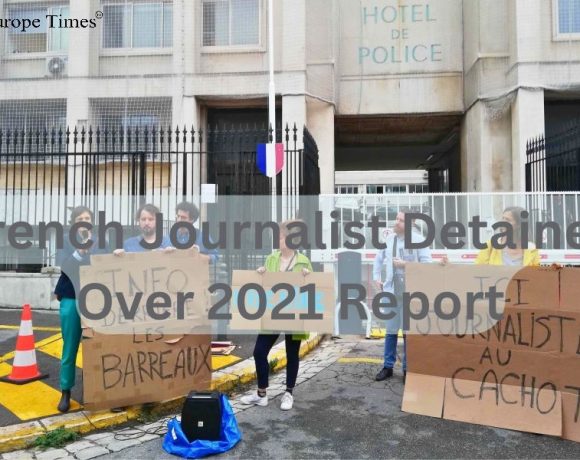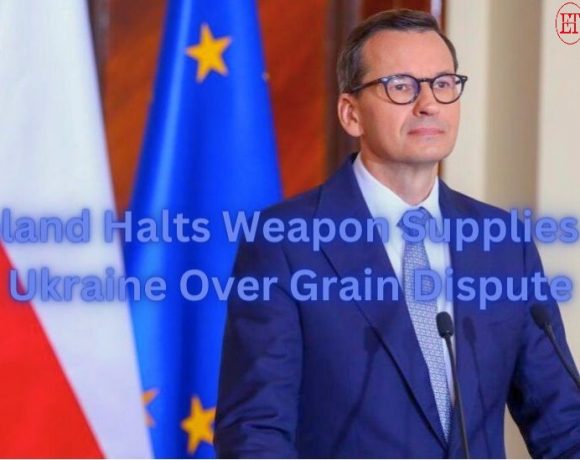
Russian state TV channel Rossiya 24 has released a trailer for an upcoming weekend program featuring former Fox News journalist Tucker Carlson. The state-run broadcaster did not specify whether the show would feature original content or be a translation of Carlson’s regular English-language videos on X.
In the trailer, Carlson is seen repeatedly mentioning “Russia,” with clips spliced together from previous broadcasts. The advertisement concludes with the word “24” on screen, accompanied by text stating, “The high-profile American presenter is moving to another level. Here.”
Tucker Carlson, known for his populist conservative views, was the highest-rated cable TV host during his time at Fox News. His show frequently set the agenda for conservatives and had a significant influence on the Republican party. The show covered various topics, including immigration, crime, race, gender, and sexuality, often critiquing “woke” ideology.
Carlson’s show was mentioned in a lawsuit by voting machine company Dominion over Fox News’ reporting of the 2020 presidential election, which claimed false allegations of rigging. Fox News settled the case with Dominion for $787.5 million, and Carlson left the network shortly thereafter.
Russian state TV has previously cited Carlson’s shows, mainly due to his tendency to repeat questionable Kremlin claims about Ukraine.
After leaving Fox News, Carlson started a new show on Twitter called “Tucker on Twitter,” later rebranded as “Tucker on X” following the social media platform’s rebranding.
If Rossiya 24 airs translated versions of these broadcasts, it won’t be the first Russian company to do so. The YouTube channel KarlsonTV has been translating and publishing Carlson’s shows in Russian for the past five years, amassing over one million subscribers. The channel has also been translating and publishing clips from Carlson’s new shows.
Picture Courtesy: Google/images are subject to copyright









